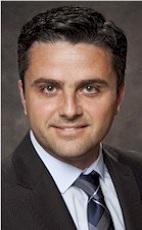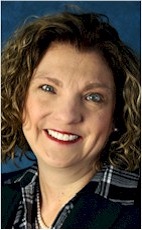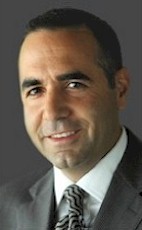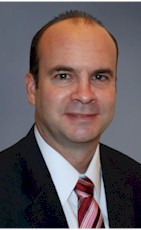
Hotels and OTAs are, by necessity, joined at the hip and locked in a symbiotic relationship that is uneasy at best. Hotels require the marketing presence that OTAs offer and of course, OTAs need hotel product to offer their online customers. But recently, several OTAs have decided to no longer share a guest's email when it sends guest information to a hotel, effectively allowing OTAs to maintain "ownership" of the guest. Without ready access to guest data, hotels are severely constrained from marketing directly to a guest which allows them to capture repeat business - the lowest cost and highest value travelers. Hotels also require this data to effectively market to previous guests, so ownership of this data will be a significant factor as hotels and OTAs move forward. Another issue is the increasing shift to mobile travel bookings. Mobile will account for more than half of all online travel bookings next year, and 78.6% of them will use their smartphone to make those reservations. As a result, hotels must have a robust mobile marketing plan in place, which means responsive design, one-click booking, and location technology. Another important mobile marketing element is a "Click-to-Call" feature. According to a recent Google survey, 68% of hotel guests report that it is extremely/very important to be able to call a hotel during the purchase phase, and 58% are very likely to call a hotel if the capability is available in a smartphone search. The June Hotel Business Review will report on some of these issues and strategies, and examine how some sales and marketing professionals are integrating them into their operations.




 Hotels and OTAs are, by necessity, joined at the hip and locked in a symbiotic relationship that is uneasy at best. Hotels require the marketing presence that OTAs offer and of course, OTAs need hotel product to offer their online customers. But recently, several OTAs have decided to no longer share a guest's email when it sends guest information to a hotel, effectively allowing OTAs to maintain "ownership" of the guest. Without ready access to guest data, hotels are severely constrained from marketing directly to a guest which allows them to capture repeat business - the lowest cost and highest value travelers. Hotels also require this data to effectively market to previous guests, so ownership of this data will be a significant factor as hotels and OTAs move forward. Another issue is the increasing shift to mobile travel bookings. Mobile will account for more than half of all online travel bookings next year, and 78.6% of them will use their smartphone to make those reservations. As a result, hotels must have a robust mobile marketing plan in place, which means responsive design, one-click booking, and location technology. Another important mobile marketing element is a "Click-to-Call" feature. According to a recent Google survey, 68% of hotel guests report that it is extremely/very important to be able to call a hotel during the purchase phase, and 58% are very likely to call a hotel if the capability is available in a smartphone search. The June Hotel Business Review will report on some of these issues and strategies, and examine how some sales and marketing professionals are integrating them into their operations.
Hotels and OTAs are, by necessity, joined at the hip and locked in a symbiotic relationship that is uneasy at best. Hotels require the marketing presence that OTAs offer and of course, OTAs need hotel product to offer their online customers. But recently, several OTAs have decided to no longer share a guest's email when it sends guest information to a hotel, effectively allowing OTAs to maintain "ownership" of the guest. Without ready access to guest data, hotels are severely constrained from marketing directly to a guest which allows them to capture repeat business - the lowest cost and highest value travelers. Hotels also require this data to effectively market to previous guests, so ownership of this data will be a significant factor as hotels and OTAs move forward. Another issue is the increasing shift to mobile travel bookings. Mobile will account for more than half of all online travel bookings next year, and 78.6% of them will use their smartphone to make those reservations. As a result, hotels must have a robust mobile marketing plan in place, which means responsive design, one-click booking, and location technology. Another important mobile marketing element is a "Click-to-Call" feature. According to a recent Google survey, 68% of hotel guests report that it is extremely/very important to be able to call a hotel during the purchase phase, and 58% are very likely to call a hotel if the capability is available in a smartphone search. The June Hotel Business Review will report on some of these issues and strategies, and examine how some sales and marketing professionals are integrating them into their operations.



.jpg?w=70)







































